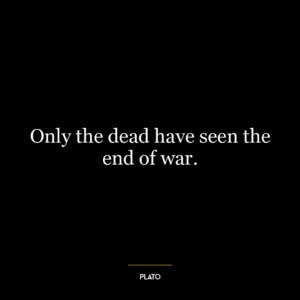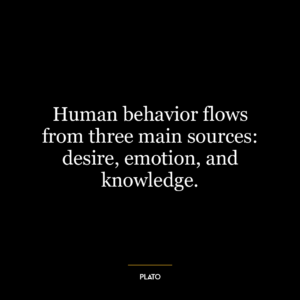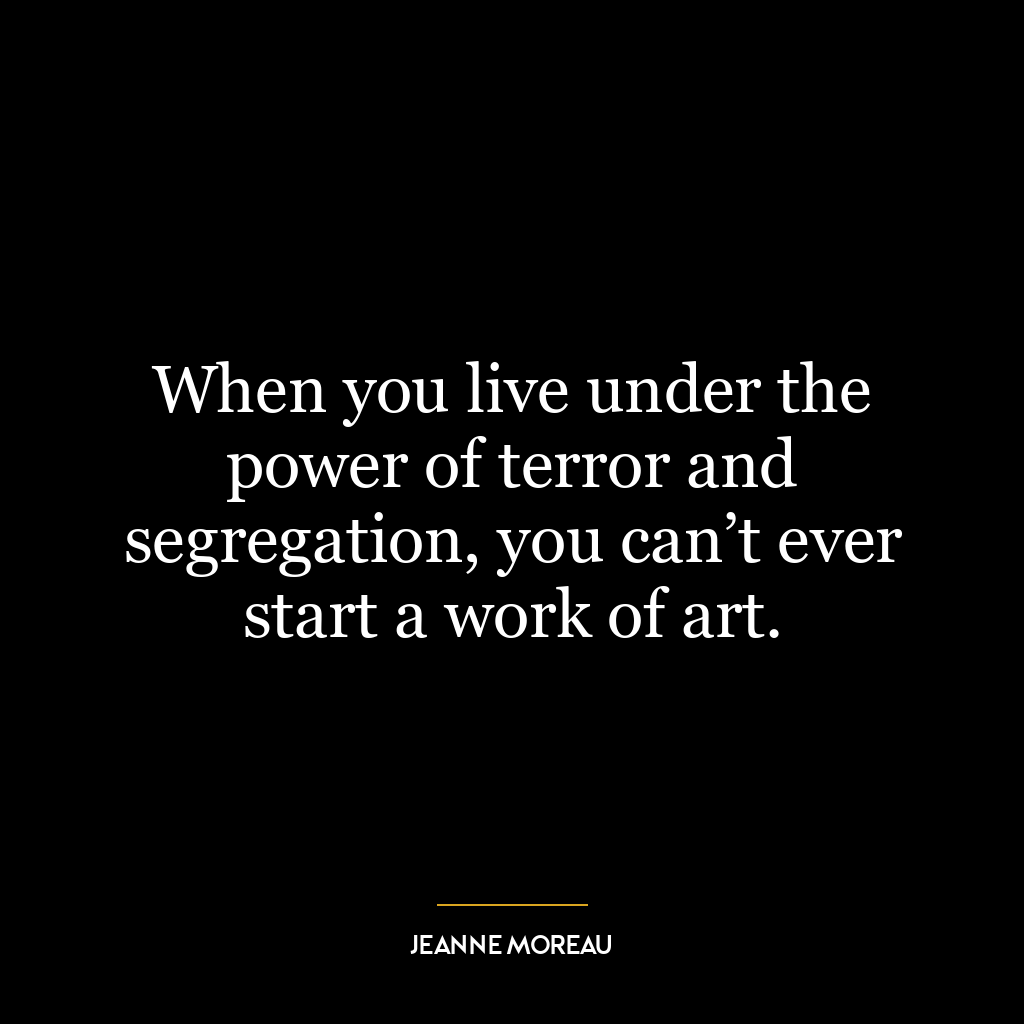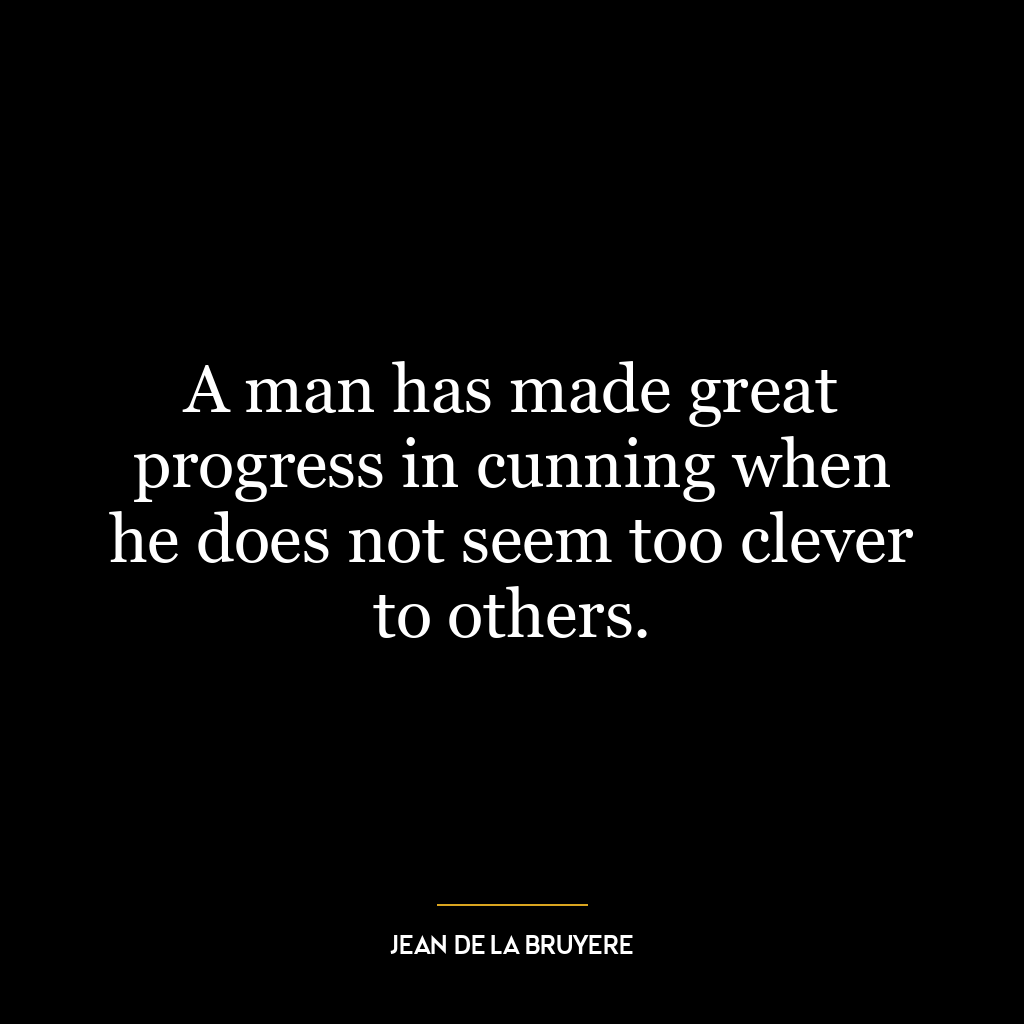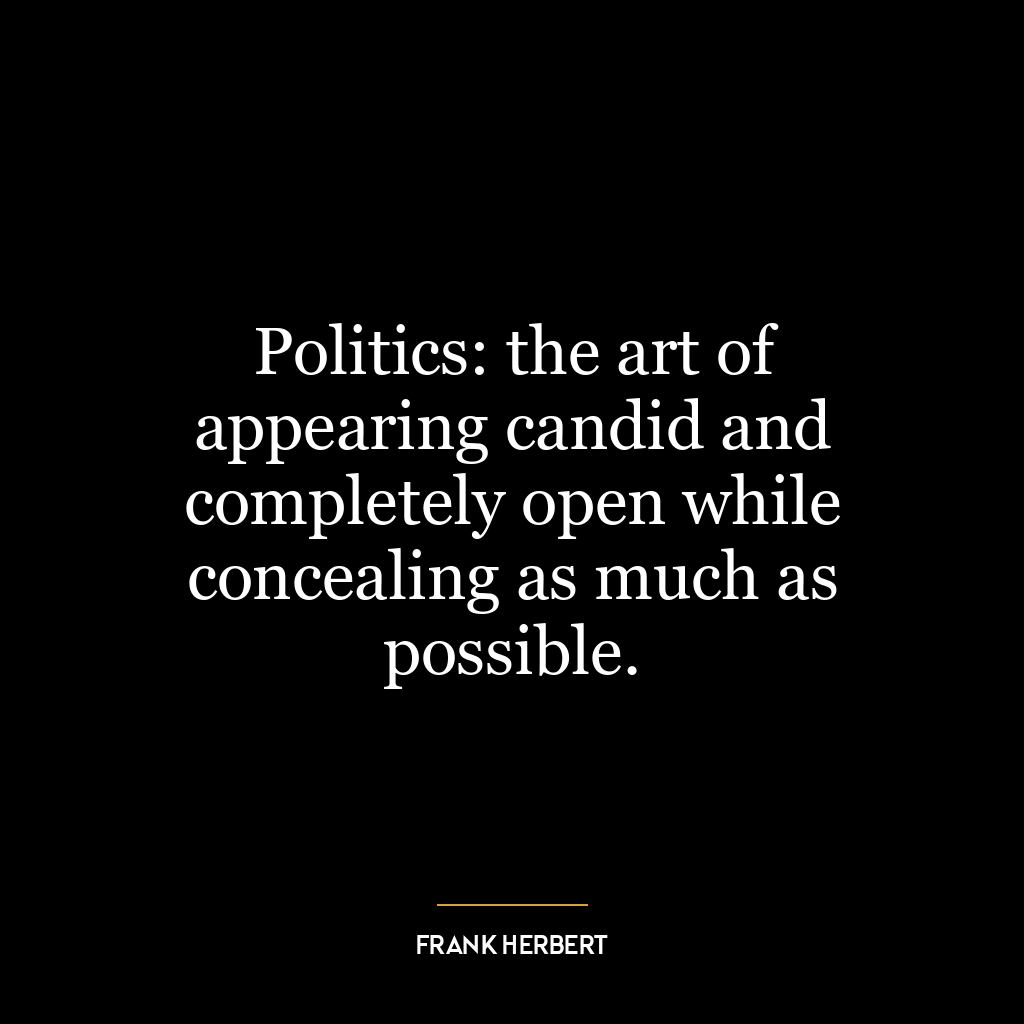The highest reach of injustice is to be deemed just when you are not.
This quote by Plato highlights the peak of injustice, which is when an individual or entity is perceived as just, fair, or righteous, while their actions or intentions are unjust. This discrepancy between perception and reality is the highest form of injustice because it allows the unjust to continue their actions under the guise of righteousness, often without any repercussions. It’s a deception that can lead to the manipulation and victimization of others, and the erosion of moral and ethical standards.
This idea is particularly relevant in today’s world where appearances can often be misleading. For example, in politics or corporate environments, individuals or organizations might project an image of fairness or integrity, while engaging in unethical practices behind the scenes. This not only perpetuates injustice but also erodes trust in institutions and systems.
In the context of personal development, the quote encourages introspection and authenticity. It suggests that we should strive for genuine justice in our actions and intentions, rather than merely appearing just. It reminds us that integrity is about being honest and fair, not just seeming so. It’s a call to align our actions with our values, to be truthful to ourselves and others, and to seek justice in a real, substantive way, rather than in a superficial or performative manner.




